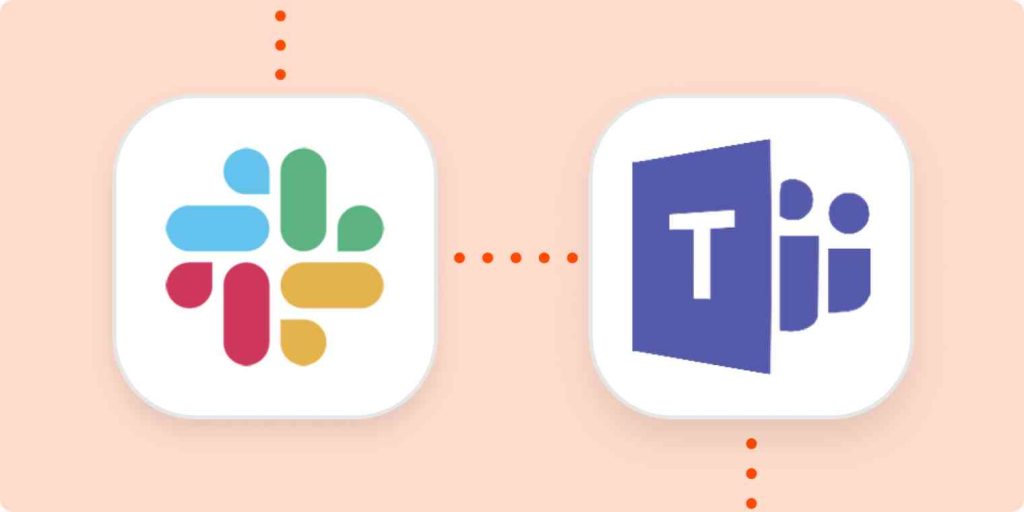Google’s cloud-based productivity apps have recently made several announcements, with a focus on integrating Duet AI. In addition, there are a number of helpful updates coming to various apps, including Google Chat.
One notable feature, currently in beta on select Workspace plans (with full availability planned for early next year), is messaging interoperability between Chat and other services like Slack and Microsoft Teams. This feature, developed in collaboration with Mio, allows for seamless communication across different platforms, which can be especially beneficial for organizations using multiple apps. Google acknowledges that communication and collaboration often happen through various channels and tools, leading to missed messages and disjointed conversations. The integration with Mio aims to address these challenges. It’s worth noting that organizations will need Mio licenses to utilize this feature. Based on a GIF shared by Google, it appears that editing a message in one connected app will update it across all other connected apps.
The Power of Integration: Google Chat Steps Up
Google Chat has long been a contender in the world of team communication and collaboration. With features like direct messaging, group chat, and file sharing, it has become a valuable tool for businesses and organizations of all sizes. However, in a world where remote and hybrid work arrangements are the norm, communication is not confined to a single platform. This is where integration becomes crucial.
Integration with Slack and Microsoft Teams: What to Expect
- Streamlined Communication: The integration of Google Chat with Slack and Microsoft Teams means that users of these platforms can now communicate seamlessly with Google Chat users. No more hopping between apps to stay connected with colleagues or clients using different platforms.
- Cross-Platform Collaboration: Teams working on projects that span multiple organizations or departments often use different collaboration tools. This integration enables them to connect and work together efficiently without the need to switch apps.
- Unified Notifications: Users can receive notifications from Google Chat within their preferred platform, reducing notification overload and ensuring important messages are never missed.
- File Sharing and Collaboration: Sharing files and collaborating on documents is now simplified, as users from different platforms can work together within the same chat environment.
- Enhanced Productivity: By removing communication barriers between platforms, this integration streamlines workflows and enhances productivity, especially in complex projects involving multiple stakeholders.
Why Integration Matters:
- Efficiency: Users can choose the tools that work best for their specific needs while maintaining effective communication across the organization.
- Collaboration: Integration fosters collaboration by allowing users to share information and collaborate on projects effortlessly, regardless of the platforms they use.
- Productivity: A seamless and connected workspace reduces the time spent navigating between apps, leading to improved productivity and focus.
- Flexibility: Integration gives organizations the flexibility to adapt to evolving communication needs without disrupting existing workflows.
The Future of Workplace Communication
Google Chat’s integration with Slack and Microsoft Teams signals a broader shift in how organizations view workplace communication. The emphasis is no longer solely on the platform itself but on how easily it can work in harmony with others. As remote and hybrid work continue to shape the modern workplace, the ability to connect and collaborate across different platforms will be a key driver of efficiency and success.
In conclusion, the integration of Google Chat with Slack and Microsoft Teams is a significant step toward a more interconnected digital workplace. It represents a move towards flexibility, efficiency, and productivity in communication, setting the stage for a future where collaborative tools work together seamlessly to empower teams and organizations.
In other news, 9to5 Google reports that Chat will soon support voice messages. This feature will allow users to save time on typing and convey tone and context through audio messages. The feature is expected to roll out in early 2024, but it remains unclear whether it will be available in group chats and one-on-one direct messages. Additionally, it’s uncertain if transcription support will be available right from the start.
